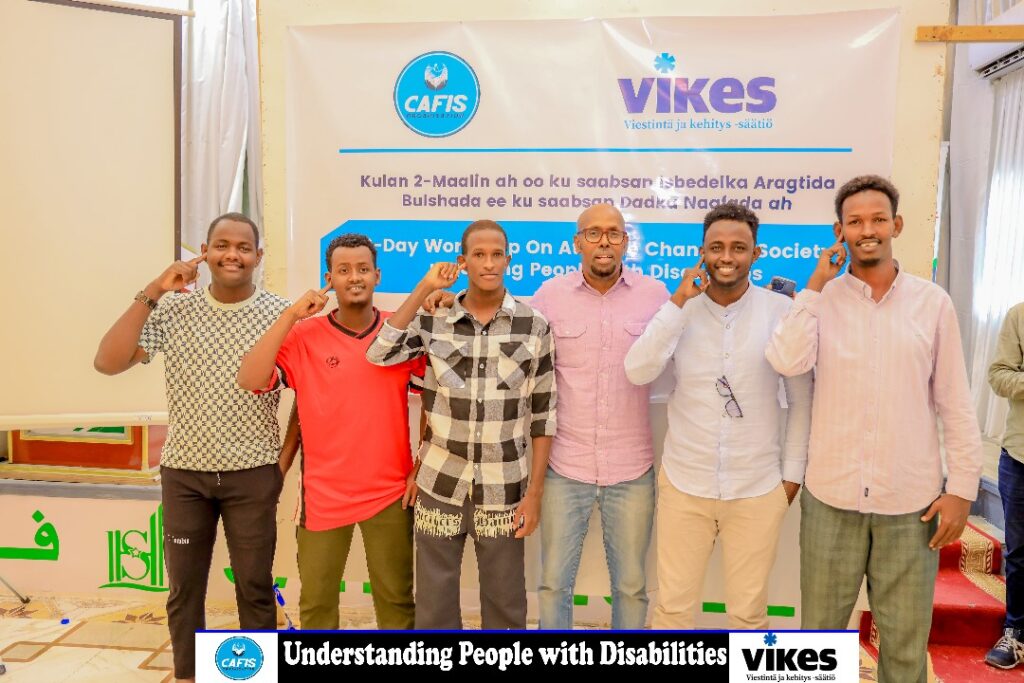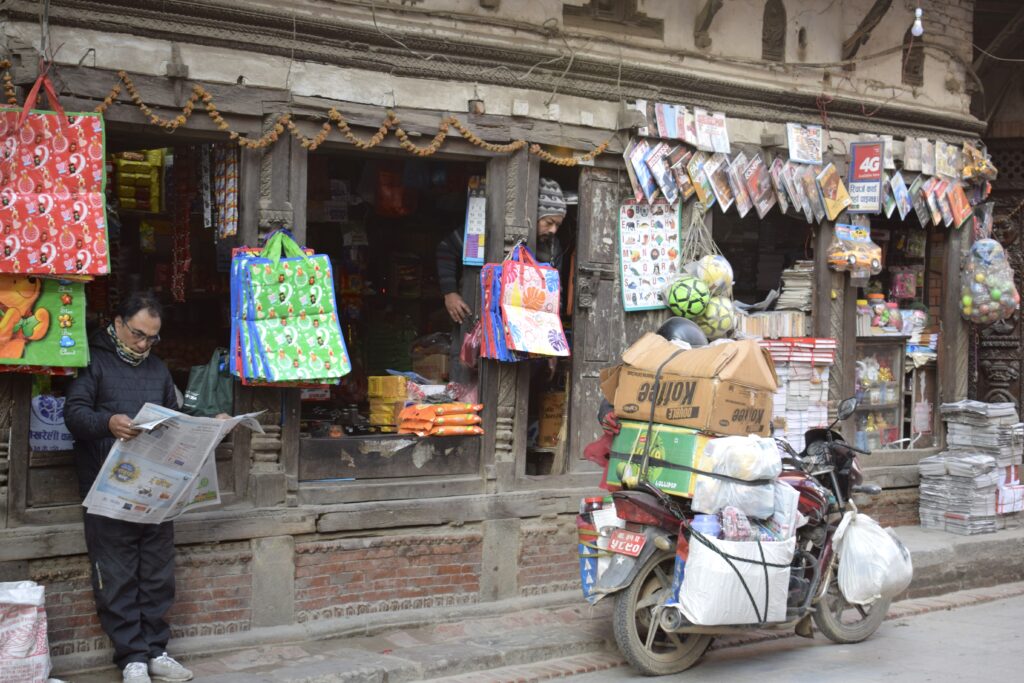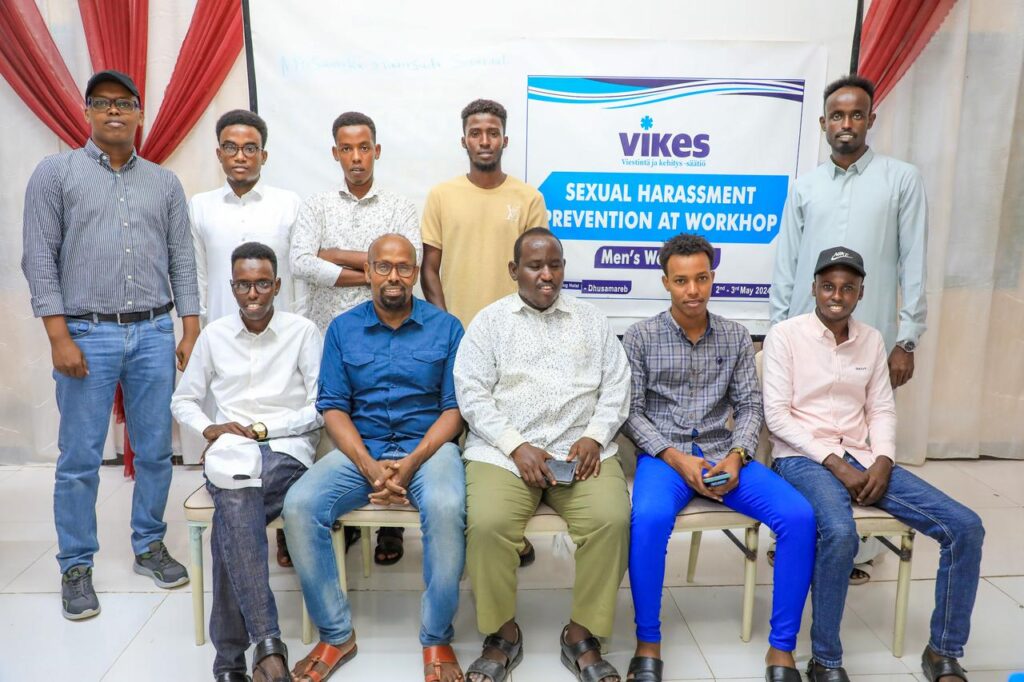Despite the difficult situation, Yangon Film School organised nine courses in 2021 and launched new films. Both education and governance of the school are increasingly in local hands.
One of the new films is a documentary about drag artists called Boy Queen. Screenshot from the film directed by Sai Nyi Min Htut.Yangon Film School got a surprise on the first day of February 2021, when soldiers seized power in Myanmar. Vikes’ partner trains filmmakers, especially documentary filmmakers.
The coup was followed by a large number of demonstrations and retaliations by the military junta. Media freedom in Myanmar had been weak in the past, but now the remaining free journalists were either driven underground or into exile. The environment in which development organisations operate changed dramatically, and the flow of information became very difficult.
Yangon Film School has been able to continue its activities. One reason is that it is officially an educational institution and not part of the media or even the country’s art scene. The school has kept a low profile and has been able to keep its doors open to students.
Equality is important
The school sees its mission as training a new generation of documentary filmmakers to document events in the country and tell the story of Myanmar’s rocky road to democracy and human rights.
In 2021, Yangon Film School organised nine courses and mentoring for a total of 108 participants. There were 33 individual students, all of whom were taking more than one course.
Yangon Film School pays a lot of attention to gender equality. 51% of the course participants were women, and one non-binary student also attended the courses. 49% came from ethnic or religious minorities. 50% of the main characters in the films were women.
New films in the pipeline
Due to the political crisis, course timetables changed, students worked in smaller groups and international mentors were largely working remotely. Filming also had to be creative and schedules often had to be changed due to the fragile security situation.
Nine new films were started, and grants were awarded to five ethnographic documentaries and 11 short films. The films were also successful, with a total of 13 student films screened at the 25 international festivals, four of which won awards.
In Myanmar, films were shown via the Travelling Cinema component in various parts of the country. Four participatory video workshops were also held in the communities, where eight video productions were produced with the communities. They give a voice to marginalised groups in the country, often representing ethnic minorities.
More and more local efforts
The Yangon Film School is in the process of taking over the school’s activities entirely into local hands. Increasingly, local teachers are leading the courses, and in 2021, nine tutors participated in the teacher training programme. Twelve students worked as assistant teachers and assistant editors. 80% of the school’s activities are now in local hands, and the aim is to increase this further.
In the future, the school would like to set up a safety fund to provide support for medical or legal expenses, for example. There is also a desire to increase safety training.
In 2022, the school will develop its online film platform to increase the number of films viewed, and also to increase fundraising through the platform, which will allow films to be viewed on a monthly or individual basis.



